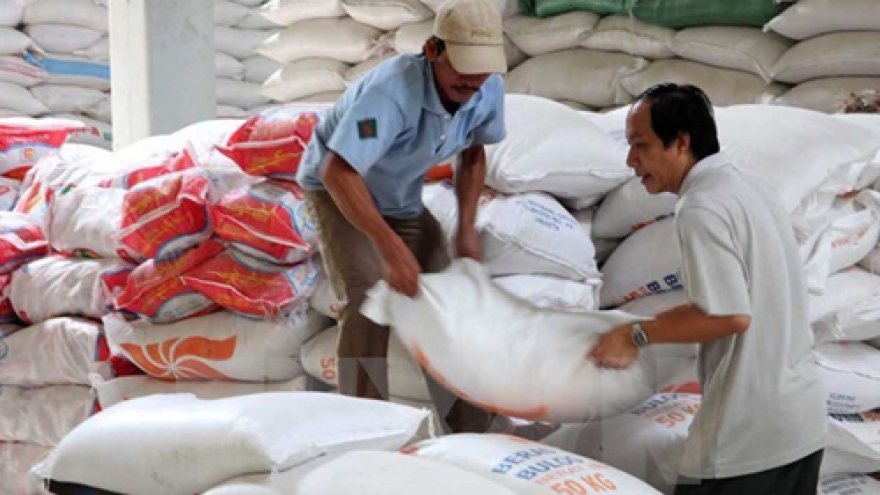Exports down, revenue shrinks
Vietnam’s export growth rate was modest at 5.7% in the first half of 2016, the lowest in the last five years. This has raised concerns that the 6.7% GDP growth rate may be unattainable, while state budget revenue will shrink.
 |
While Vietnam exported 4.6 million tons of crude oil in the first six months of 2015 and earned $2.14 billion, it sold 8.68 million tons of crude oil and LPG in the first half of 2016 valued at $2.4 billion.
According to the Central Institute of Economic Management (CIEM), Vietnam’s exports increased by 9.1% in the first half of the year, but the export turnover stayed at $82.1 billion because of the export price decrease of 3.85% on average.
CIEM’s head Nguyen Dinh Cung commented that the export capability of large enterprises like Samsung Vietnam, the biggest exporter, has hit the ceiling.
“They have been expanding in the last few years and the exports cannot increase continously,” he commented.
Meanwhile, the export of textiles & garments, one of the key export items of Vietnam, was also unsatisfactory. Vietnam has lost many orders to Cambodia, Lao and Myanmar producers, who can enjoy preferential tariffs when exporting to large markets.
The export of processed industrial products increased by 8.2% only, much lower than the same period last year.
Nguyen Thi Hong from the Ministry of Agriculture and Rural Development (MARD) commented that the GDP and export turnover growth in the first half of the year was affected by minus growth rate in agricultural production.
Agricultural production witnessed minus growth rate for the first time in the last quarter due to climate change. It regained positive growth in the second quarter, but the growth was unstable.
“The drought and saline intrusion have brought serious consequences which still cannot be overcome. Meanwhile, aquaculture is facing big difficulties because of environment pollution. The competition in the world market is stiff especially after Thailand decided to sell rice in large quantities,” she commented.
Nguyen Duc Thanh, director of VEPR (Vietnam Institute for Economic and Policy Research), commented that the efforts to boost growth by increasing the disbursement of ODA capital and pumping more capital into circulation may distort the national economy.
VEPR believes that the government is meeting difficulties in seeking sources of revenue because the revenue from crude oil and tax collection from imports/exports just accounted for 4.2% and 14.8%, respectively, of the total revenue. The figures were 8% and 18.1% in 2015.


